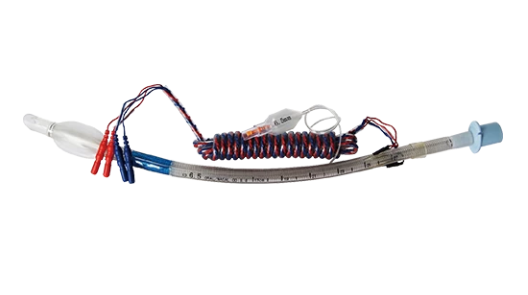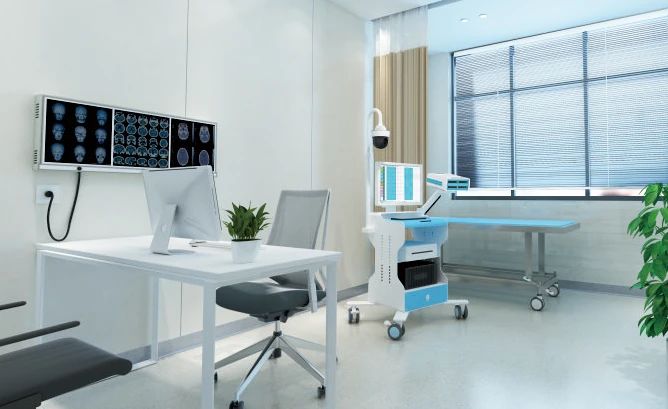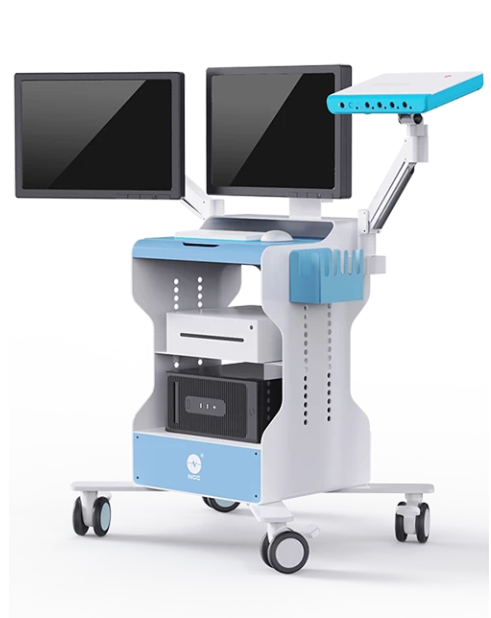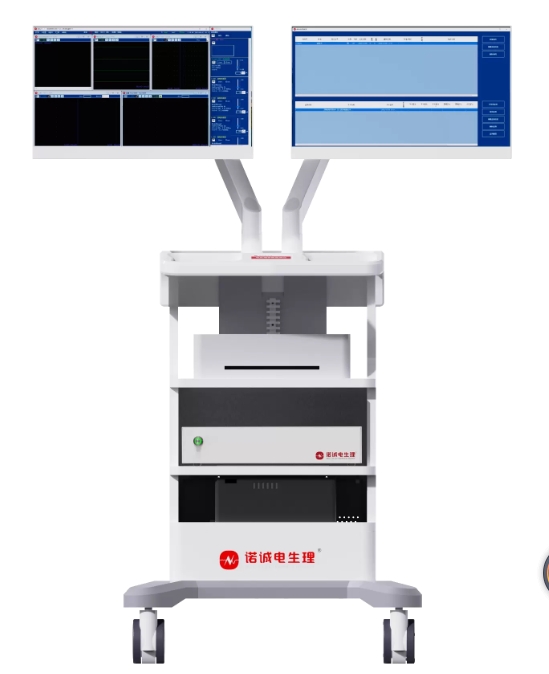Understanding Integrated Endotracheal Tubes: A Comprehensive Overview
Integrated endotracheal tubes are vital components in airway management, particularly in anesthesiology and critical care settings. These specialized tubes facilitate ventilation during surgical procedures and support patients who require mechanical ventilation. The NCC Cynapse system enhances the functionality of integrated endotracheal tubes by providing advanced monitoring capabilities to ensure patient safety and optimal outcomes. In this article, we will explore the features, benefits, and applications of integrated endotracheal tubes, focusing on their importance in modern medical practice.

What is an Integrated Endotracheal Tube?
An integrated endotracheal tube combines the traditional features of an endotracheal tube with additional functionalities, such as built-in electrodes for monitoring purposes. This design allows for effective ventilation while simultaneously providing real-time data on the patient's respiratory status. The NCC Cynapse system, for instance, integrates advanced neuro-monitoring capabilities that help reduce the risk of nerve damage during surgery by continuously assessing nerve function.
Key Features of Integrated Endotracheal Tubes
1. Smooth Wall Design: The new design features a smooth inner wall that minimizes the risk of vocal cord damage during intubation and extubation processes. This is crucial for preserving vocal function post-surgery.
2. Arc-Shaped Electrodes: The integrated electrodes are designed in an arc shape to ensure optimal contact with the airway during monitoring, allowing for accurate readings of nerve function.
3. Embedded Smooth Tube Wall: This feature facilitates easy operation and reduces friction during insertion and removal, enhancing overall patient comfort.
4. Curved Elastic Surface Electrodes: These electrodes maintain optimal contact with the vocal cords even with slight rotations, ensuring consistent monitoring without compromising patient safety.
5. Multi-Functionality: Integrated endotracheal tubes can be used in conjunction with various monitoring systems, providing comprehensive data on a patient's respiratory status and nerve integrity during surgical procedures.
Benefits of Using Integrated Endotracheal Tubes
1. Enhanced Patient Safety
The primary advantage of using integrated endotracheal tubes is improved patient safety. Continuous monitoring of nerve function helps anesthesiologists detect any potential issues early, allowing for timely interventions that can prevent complications.
2. Improved Surgical Outcomes
By ensuring that nerve function is preserved throughout the surgical process, integrated endotracheal tubes contribute to better postoperative outcomes, including reduced incidence of nerve damage and improved recovery times.
3. Streamlined Workflow
Integrated designs simplify the intubation process by combining multiple functions into one device. This efficiency can lead to quicker procedures and reduced time under anesthesia for patients.
4. Real-Time Monitoring
The ability to monitor vital parameters in real-time allows healthcare providers to make informed decisions during surgery, enhancing overall patient management.
Applications of Integrated Endotracheal Tubes
Integrated endotracheal tubes are widely used in various medical settings:
- Anesthesia: During surgical procedures, these tubes provide essential airway management while allowing for continuous monitoring of nerve function.
- Critical Care: In intensive care units (ICUs), integrated endotracheal tubes support patients requiring mechanical ventilation while offering insights into their respiratory status.
- Emergency Medicine: In emergency situations where rapid intubation is necessary, these tubes facilitate quick airway access while ensuring patient safety through integrated monitoring systems.
Conclusion
Integrated endotracheal tubes represent a significant advancement in airway management technology, combining traditional intubation capabilities with sophisticated monitoring features. The integration of systems like NCC Cynapse enhances patient safety by providing real-time data on nerve function during surgical procedures. As healthcare continues to evolve towards more efficient and safe practices, the adoption of integrated endotracheal tubes will play a crucial role in improving patient outcomes in anesthesia and critical care settings.
For more information about our range of integrated endotracheal tubes or to discuss how NCC can enhance your medical practice with innovative solutions, please contact us today! Let us help you provide the highest level of care to your patients!

 中文
中文 Arabic
Arabic Spanish
Spanish Hindi
Hindi French
French Indonesian
Indonesian Portuguese
Portuguese Persian
Persian Russian
Russian Korean
Korean German
German Vietnamese
Vietnamese Turkish
Turkish



